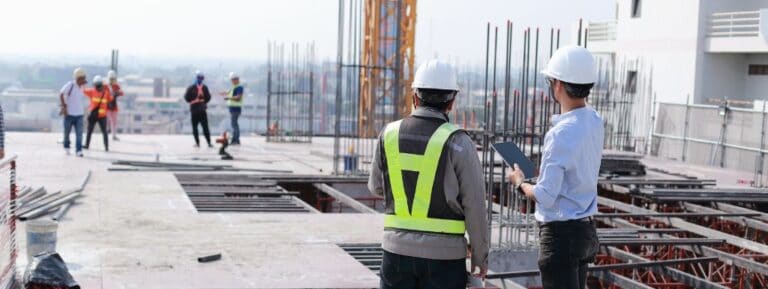What is an Adjudication?
Adjudication is an alternative dispute resolution process. It can be defined as:
- a statutory based dispute resolution process;
- where a qualified person, known as an adjudicator;
- is tasked with making an enforceable determination with respect to a payment dispute between parties to a construction contract.
As adjudication is an alternative dispute resolution process, it falls outside of the court system and is quicker and relatively cheaper than litigation for resolving building disputes.
In Queensland, the Building Industry Fairness (Security of Payment) Act 2017 (BIF Act) is
the piece of legislation that governs adjudications.
Lodging an Adjudication Application
An adjudication application is lodged with the Registrar of the Queensland Building
Construction Commission (QBCC). The application must be made within strict
timeframes. The Act specifies the following timeframes:
- If you receive a payment schedule and you disagree with it, you must make an
adjudication application within 30 business days after the payment schedule was given. - If you receive a payment schedule but you do not receive full payment by the due date, you must make an adjudication application within 20 business days after the due date.
- If you have not been paid in full by the due date and you do not receive a payment
schedule, you must make an adjudication application within 30 business days after the later of:
a. the day of the due date for the progress payment to which the claim relates; or
b. the last day the respondent could have given a payment schedule under clause 76 of the Act.
Referral to Adjudicator
After an adjudication application is lodged with the QBCC, the application is
referred to an adjudicator. Once the adjudicator accepts his nomination, the Respondent
must file an adjudication response within the later of the following periods:
- for standard claims (i.e., claims that are less than $750,000.00), 10 business days
after being served with an adjudication application or 7 business days after being
served with a notice of acceptance by the adjudicator; and - for complex claims (i.e., claims that are greater than $750,000.00), 15 business days
after being served with an adjudication application or 12 business days after being
served with a notice of acceptance by the adjudicator.
Decision by Adjudicator
After the response is filed, the adjudicator must make a decision no later than:
- for claims less than $750,000.00; 10 business days after the adjudicator is given the
adjudication response and where no adjudication response has been given, the last
day on which the adjudicator receives the response; or - for claims greater than $750,000.00; 15 business days after the adjudicator is given
the adjudication response and where no adjudication response has been given, the
last day on which the adjudicator receives the response.
Payment of Adjudicated Amount
If the Adjudicator decides that an amount is to be paid by the Respondent, the Respondent
is required to pay the amount to the Claimant on or before the day that is 5 business days
after the day on which a copy of the Adjudicator’s decision is given to the Respondent by the Adjudicator or if the Adjudicator decides a later date for payment, then by such later date.
If the Respondent fails to make payment in whole or in part when due, the Claimant may:
- give the Respondent written notice of the Claimant’s intention to suspend works or
supplying related goods and services; and/or - file the adjudication Certificate as a judgment debt in court.
As the above suggests, adjudication is a quick, cost-effective method of getting paid for
disputes relating to construction work or supplying related goods and services. However, in
order to ensure that your rights are protected and preserved, it is imperative that the
provisions of the Act, in particular the strict time frames, are complied with.
Rostron Carlyle Rojas Lawyers have an expert team of building and construction lawyers. If
you have a question or you’d like more information on the contents of this article, contact us today on (07) 3009 8444 or email us at [email protected].
The blog published by Rostron Carlyle Rojas is intended as general information only and is not legal advice on any subject matter. By viewing the blog posts, the reader understands there is no solicitor-client relationship between the reader and the blog publisher. The blog should not be used as a substitute for legal advice from a legal practitioner, and readers are urged to consult RCR on any legal queries concerning a specific situation.



